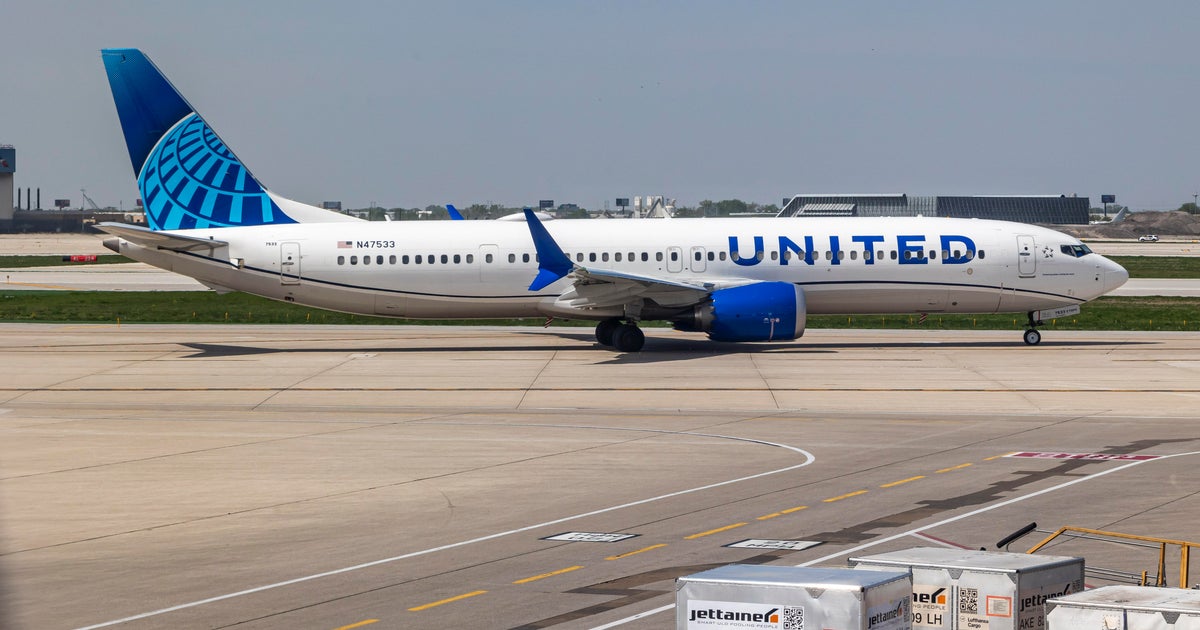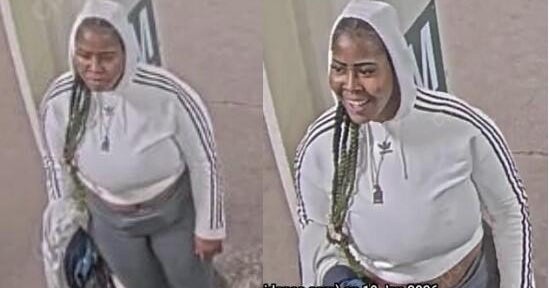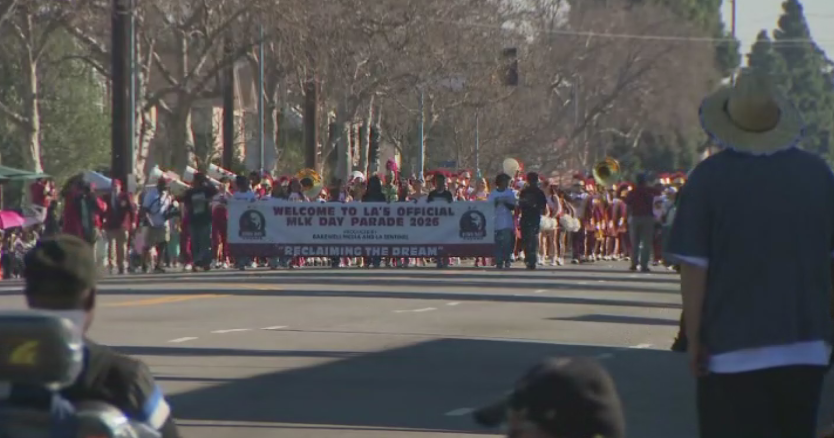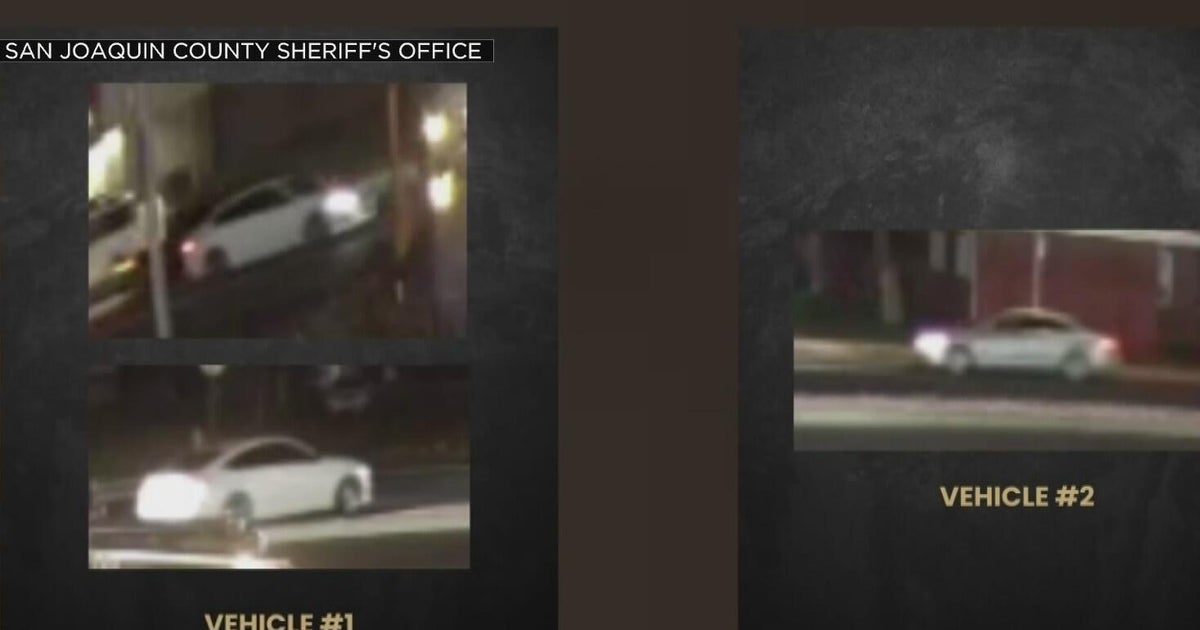BART looks to regain some of its ridership as Transit Month kicks off
The Bay Area's eighth annual "Transit Month" is officially underway.
It's hosted by San Francisco Transit Riders and Seamless Bay Area and is supported by numerous public transit agencies.
The purpose of the month is to celebrate the role public transit plays in the Bay Area, while also, incentivizing people to board.
"It is simply a month to celebrate public transportation, support public transit, and a chance to get out and explore on public transit," said Jim Allison, a BART spokesperson.
However, it's no secret that public transit has struggled to bounce back ever since the pandemic. Allison said the Transit Month celebration comes at a critical time this year.
"We need to signal to elected leaders and the rest of the public that this is still a valuable resource, something that deserves to be invested in. We're in a critical period now where our federal money is running out in the next year and a half," he said. "We have some bridge funding thanks to the state budget agreement, but we need to look into the long-term future of BART."
BART ridership is around 40% of pre-pandemic levels, according to Allison. However, they're not alone with a slow recovery, as ridership across most Bay Area transit operators isn't roaring back.
"Really, the work-from-home revolution has changed sort of the purpose of BART in many ways," said Allison. "Our bread and butter used to be just to get people into the Financial District and get them home to the East Bay at the end of the day. We're not like that anymore."
Throughout Transit Month, BART and other agencies will incentivize people to take public transit with things like contests and prizes. There will also be events and discussions surrounding topics such as safety and how to improve the system.
CBS News Bay Area asked Allison about safety on BART. He said perception doesn't always equate to reality, however, they're taking concerns seriously and are implementing new strategies they hope will fix perception and reality.
"Well, let's be honest – there is a perception among some people that public transit is not safe and that BART in particular is not safe. The numbers tell a different story – that crime is actually relatively rare for BART riders," Allison explained. "We are taking these perceptions of unsafe conditions very seriously and are doing what we can to address them. I think if people give us a chance during Transit Month they'll find that things have changed."
But that is not the only change.
"Beginning Sept. 11, we are going to start running trains with fewer train cars, which means you're less likely to be on a train car all by yourself," he said. "It will allow our police officers to patrol the trains more quickly because there are fewer train cars to go through."
BART is making some changes off the track too.
"A short-term solution that we're looking at is replacing every fare gate in the entire system. We'll have the first array of new fare gates at the West Oakland station in December," Allison said. "We'll replace them all within a year and a half. This is going to help deter some of the unwanted behavior by people who are able to sneak into the system without paying."
September is typically a good month for BART, explained Allison. He's hopeful that'll remain the case this year.
The Transit Month kick-off rally is on Tuesday at noon at San Francisco City Hall.







